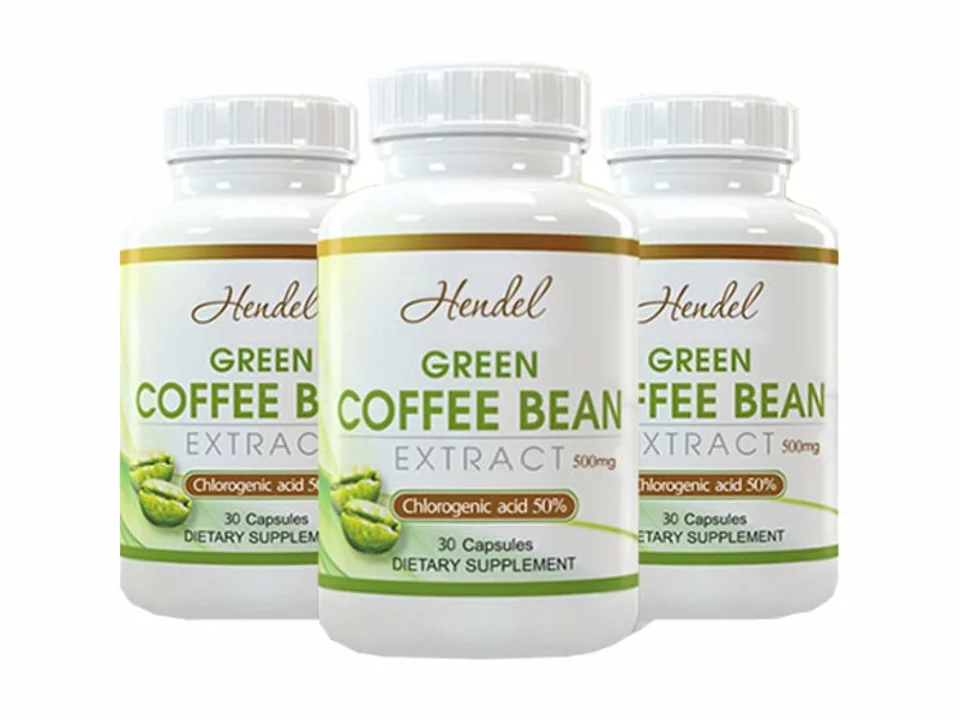Ground Ivy (Creeping Charlie) — Practical Uses and Safety
Ground ivy (Glechoma hederacea), often called Creeping Charlie, is a low-growing herb you’ll see in lawns and shady gardens. People use it as a mild herbal remedy and flavoring. If you found this plant in your yard and wonder whether to try it, this page gives clear, useful tips: how people commonly use it, simple preparations you can try at home, and safety points to watch for.
Uses & How to Use
Traditionally, ground ivy has been used for mild respiratory and digestive support and as a soothing herb in small doses. Two easy ways to use it at home are tea and tincture.
To make tea: use 1–2 teaspoons of dried leaf (or a tablespoon of fresh leaves) per cup of hot water. Steep 8–10 minutes, then strain. Start with one cup a day and watch how you feel. The flavor is herbaceous and slightly minty.
To make a simple tincture: chop fresh leaves and cover with 40–60% vodka in a jar (enough to fully submerge the herb). Let sit in a cool, dark place for 4–6 weeks, shaking occasionally. Strain and store in a dark bottle. A common dose is 20–30 drops in water up to three times daily, but reduce dose if you’re new to herbal tinctures.
Some people use ground ivy as a mild topical for minor skin irritation. Always do a small patch test first: apply a tiny amount of diluted tea or tincture to the inner forearm and wait 24 hours for any reaction.
Growing Tips and Safety
Ground ivy spreads fast. It likes shade and moist soil and sends out runners that root easily. If you want it as a groundcover, it’s low maintenance. If it invades your lawn, pull runners by hand or use targeted edging to stop spread.
Safety first: don’t assume it’s harmless. Some people may get allergic rashes or stomach upset. Avoid during pregnancy and breastfeeding—there’s not enough reliable data on safety then. If you take prescription drugs, especially blood thinners or strong heart medications, check with your doctor before using ground ivy regularly. When combined with other herbs or supplements it could change how medicines work.
Quality matters. If you buy ground-ivy products, choose reputable sellers that list the plant’s Latin name (Glechoma hederacea) and show origin and processing info. Home-harvested herbs are fine for small personal use, but avoid collecting from lawns treated with pesticides or herbicides.
Final practical tip: try a small amount first. If you get no adverse effects, use modestly. Herbs can help with small complaints, but if symptoms persist or get worse, see a healthcare professional.

